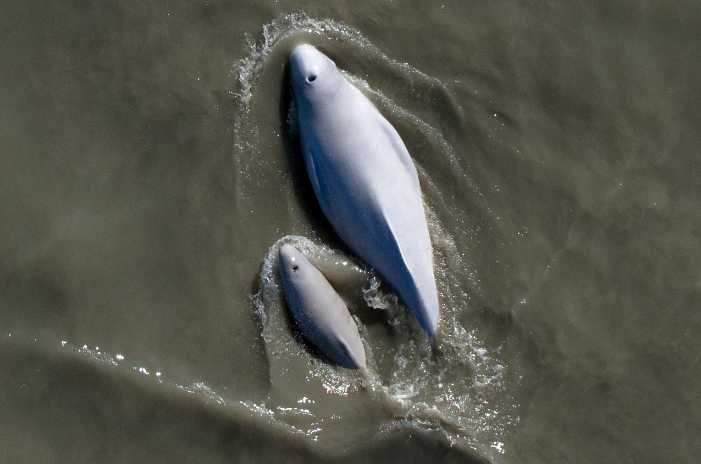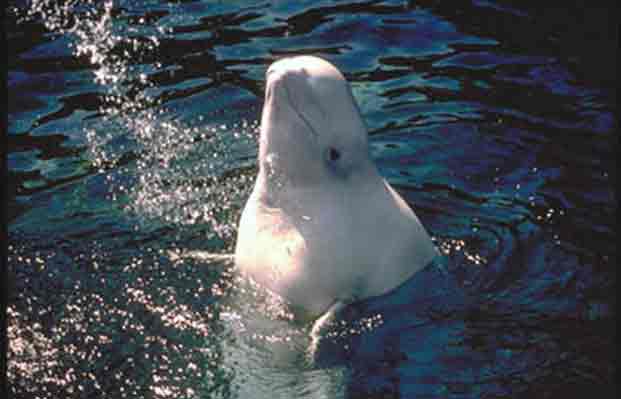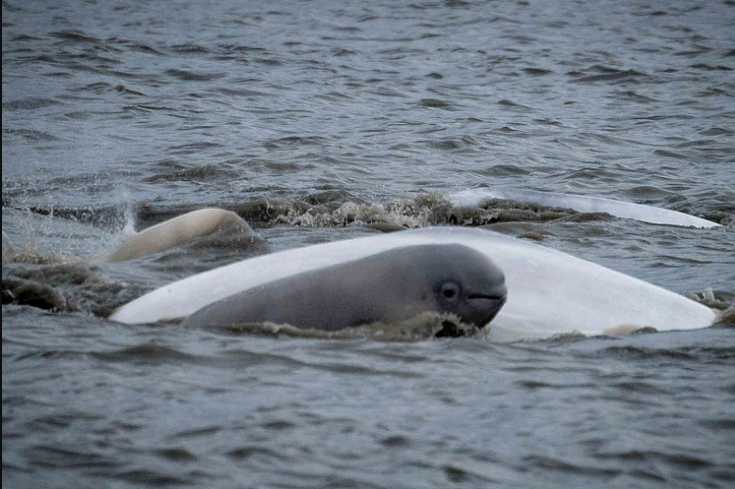WASHINGTON D.C.-Judge Royce C. Lambeth of the U.S. District Court in Washington D.C. rejected the state of Alaska's lawsuit contesting the listing of the Cook Inlet Beluga Whales as endangered. He found that the National Marine Fisheries Service, when they made their determination on the Beluga Whales, used the best science available and followed the Endangered Species Act requirements.
Judge Lambeth wrote that the NMFS “articulated a rational response for its listing determination, grounded that decision in the best scientific data and provided a full opportunity for public comment before publishing its final rule.”
Saying that the Beluga Whales did not come back after a ban was put in place on harvesting them for the last ten years, Judge Lambeth wrote, “When the best available science predicts that a recently enacted ban on subsistence hunting will reverse the abrupt depletion of a species, a decade without any noticeable recovery in the species population should raise a concern that the true cause of its decline has not been fully addressed.”
The Cook Inlet population of Beluga Whales has been in a steady decline. The decline began in the 1980s and continued into the 1990s. In the four years from 1994 to 1998, close to half of the whales were harvested by Alaska Natives. A ban was ut in place, but recovery was never observed.
In their suit, the state of ALaska said that the listing would have a detrimental effect on tourism, fisheries and oil exploration in the Cook Inlet waters. They also argued that there were already protections for the Belugas under other environmental laws. Lambeth rejected those arguments.
There are less than 400 Belugas left in Cook Inlet.
The Alaska Department of Law is preparing a response.








